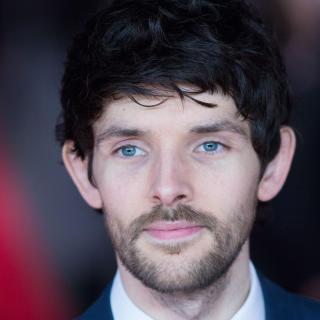
介绍:
NTERVIEWER: What was it about the role of Victor, and the story in general, that made you want to be part of this project?
COLIN: I think, as an actor, whenever you read a script, you… you know, when you first read it, I think you read it as an audience member. You get a feeling for what it is, what the story’s doing to you, what the overall picture is and how it’s affecting you, and it definitely affected me. That was the first thing. It drew me in. I wasn’t familiar with Vera’s story, and that was the first thing. Then, I think, you look at the role that you’re up for. What’s he doing to you? And, Victor’s very much speaking to me, he was, you know…I had an instinct about him, I had a feeling, and I think you then go into an audition and you present that feeling and that’s all you can do. You can’t do anything else, and if that is truthful to everyone, then I think it works. And I was lucky that it did work, and I got to work on this film.
INTERVIEWER: How mindful were you of the real Victor when you were preparing for the role? You read the letters and the memoir, but that can only take you so far. So what else did you to get to know Victor and how much did you take him with you in the role?
COLIN: I very much had Victor in mind throughout the film, um, to the point where I even had a picture of him on the front of my script. And you know, I have my script all the time on set, and you know, to have it there and to lift it to look at something and he’s there every time. That’s vital . Little quotes, little segments from his letters, words of his own that aren’t in the script, um, that remind me of what he went through, or a certain experience, and so he was in the scripts, he was there, he was literally there by me just incorporating him in that physical way. And I think that helps. His spirit was there for me.
transcript: merlins-earmuffs
上一期: Colin Morgan - Testament of Youth 英国首映采访
下一期: COLIN MORGAN HEYUGUYS INTERVIEW ON TESTAMENT OF YOUTH
下一期: COLIN MORGAN HEYUGUYS INTERVIEW ON TESTAMENT OF YOUTH
大家还在听

